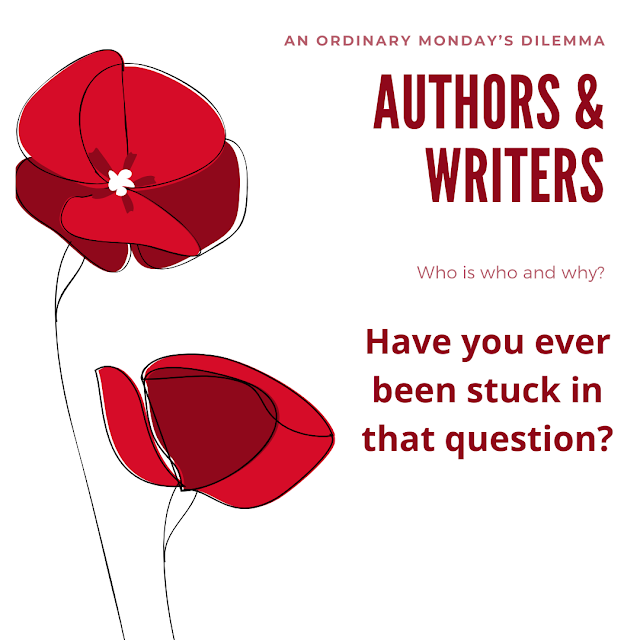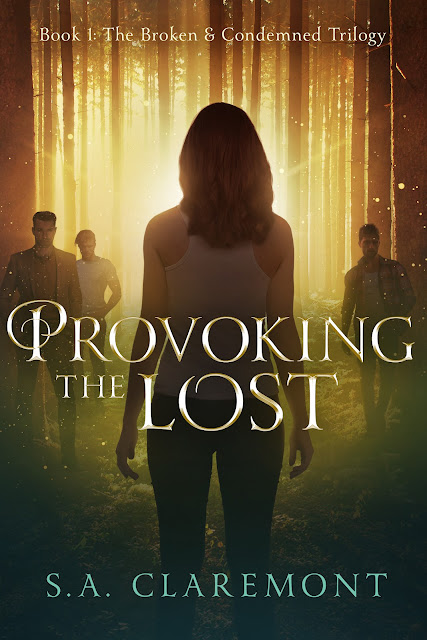The AI Factor
As anticipated in numerous works of science fiction, video games, and movies, the era of Artificial Intelligence has arrived, bringing controversy in its wake. Also as expected, society typically avoids debating these advancements proactively; instead, discussions arise only when the technology is on our doorstep, enforcing a sudden adjustment to a new reality rather than promoting a smooth transition. Consequently, due to common human behavior, individuals are launching passionate crusades against the implementation of AI, though in certain domains more than in others.
The controversy surrounding AI arises from several factors, such as:
- Ethical Considerations: The increasing sophistication and autonomy of AI systems raise ethical concerns regarding AI bias, privacy violations, and the possibilities of misuse for surveillance or manipulation.
- Job Displacement: A major concern regarding AI is its ability to automate tasks that have historically been done by humans. This can result in job loss and economic upheaval. Although AI can boost productivity and efficiency, it also prompts discussions about the future of work and the importance of training and acquiring new skills.
- Safety and Reliability: Concerns exist regarding the safety and reliability of AI systems, especially in critical areas like healthcare, transportation, and finance. Problems like algorithmic errors, system failures, and unintended consequences can lead to significant outcomes, prompting inquiries about accountability and liability.
- Data Privacy and Security: AI systems require significant data to operate efficiently, sparking concerns regarding data privacy and security. Issues include potential misuse of personal information, data breaches, and the risk of AI systems violating individuals’ privacy rights.
- Autonomous Weapons: The advancement of autonomous weapons systems, commonly referred to as “killer robots,” has sparked ethical and humanitarian apprehensions. Worries center around the possibility of deploying these weapons in conflicts without human supervision, which could result in unintended harm and breaches of international regulations.
- Bias and Fairness: AI algorithms can be influenced by biases existing in the data they are trained on, resulting in unfair or discriminatory results. Algorithmic bias is a significant issue in domains like hiring, lending, and criminal justice, potentially reinforcing disparities and injustices.
- Regulatory Challenges: Regulating AI technology poses challenges for policymakers because of its rapid development and complexity. It is essential to establish strong regulatory frameworks that can effectively address ethical, safety, and privacy issues, all the while encouraging innovation and competitiveness.
That being established, as a person who happily dwells in the realm of arts and literature, I know a lot of people who have embarked on this sort of crusade against the unholy AI. It’s like they feel artificial intelligence is stealing something away from them, which is quite understandable. Change can be unsettling, all changes are, especially the ones involving technologies that can cause disruption among the established norms and practices. Additionally, most of their concerns are related to job displacement, loss of creative control, and the devaluation of human creativity as a result of AI-generated content.
However, in my perspective, there are benefits that AI can offer to creators and artists. So, rather than viewing it as a threat, I see it as a tool that can augment and enhance human creativity, enabling me to explore the boundaries of what is possible. It allows me to learn more and to improve myself. It gives me the chance to create things that otherwise I wouldn’t be able to. AI democratizes access to creative tools and resources, making them more accessible and affordable to a wider range of people, like me. This can empower individuals from diverse backgrounds to express themselves creatively and generate new forms of expression. And this is what is feared.
Undoubtedly, the democratization of creative tools and the shifting landscape of industries is disruptive. As mentioned before, it challenges established norms and therefore it requires individuals to continuously learn and evolve. But this is what it means to adapt to new paradigms, particularly in the context of fast-paced technological advancements.
By staying curious, open-minded, and adaptable, individuals can not only keep pace with these technological advancements, but also leverage them to their advantage. Moreover, learning, re-skilling and upskilling are not just about acquiring new technical skills; they also involve developing critical thinking, problem-solving, and creativity — the very qualities that make us uniquely human.
So, it is important to encourage and promote a culture of lifelong learning and adaptation, because it is crucial for fostering resilience and empowering individuals as they navigate uncertainty in an increasingly dynamic and ever-evolving world.
(Note: This article was written with the help of AI as it is one of the parts involved in the ongoing debate).



Comments
Post a Comment